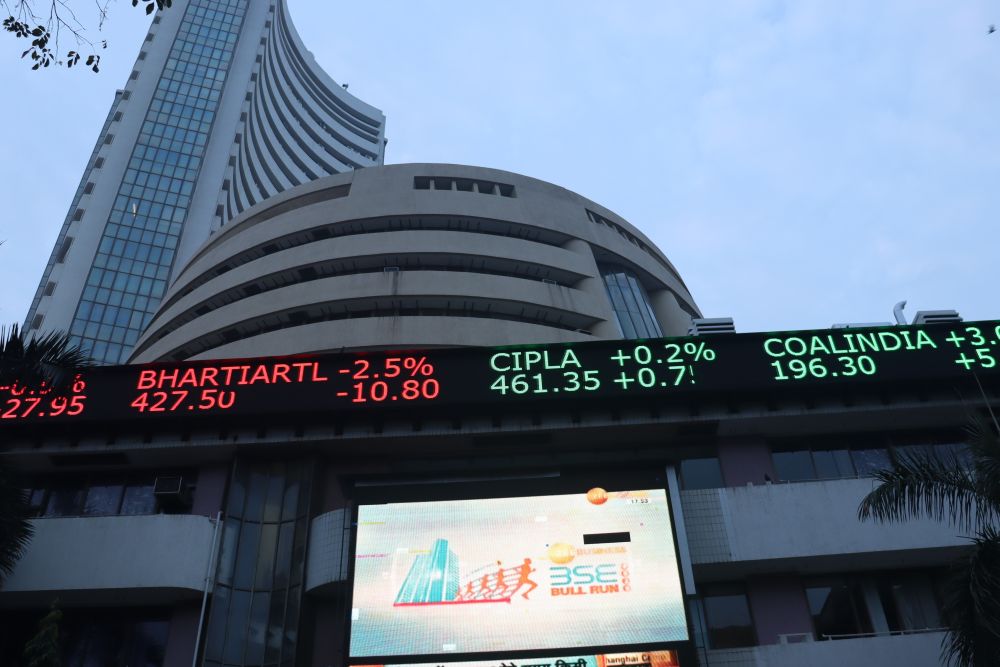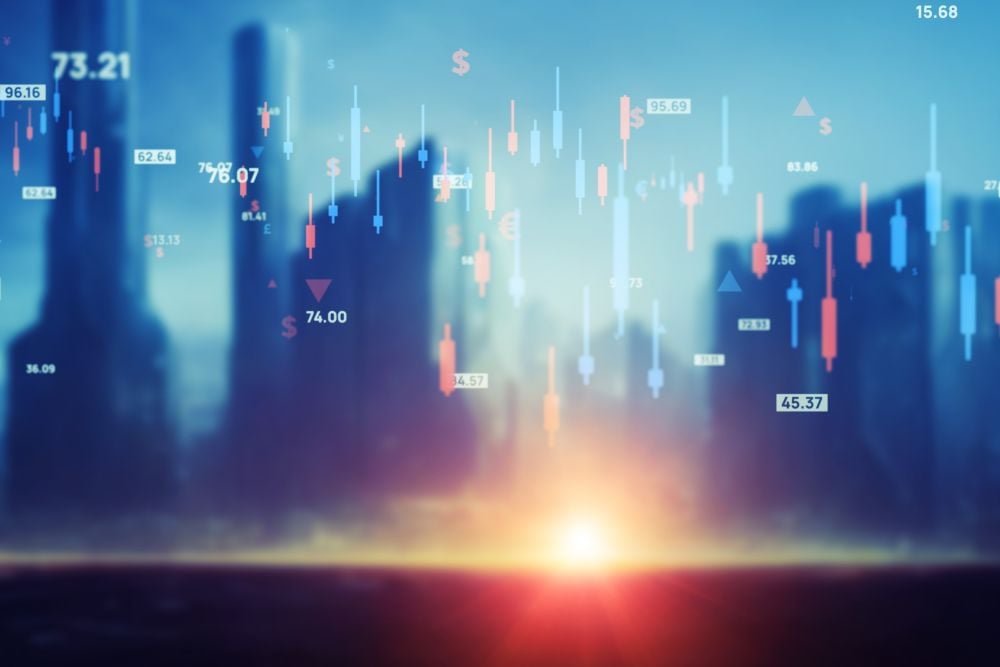 |
|
Opportunities may well result from market declines following the recent civil unrest in Hong Kong - sadly, most investors are hard-wired not to profit from them.
The protests in Hong Kong - centred on the meaning and interpretation of the concept of universal suffrage - have been going on for some time. Indeed, there had been several smaller protests around this issue leading up to the significant events of the last week.
The background to the protests is relatively simple. In short, the Chinese authorities stated that universal suffrage in 2017 would be chosen from a selection of pre-screened candidates, completely at odds with the aspiration of certain sectors of Hong Kong society that have long hoped for a free and open list of candidates.
Now, the indications are that a crescendo has been reached. Furthermore, history shows that periods of civil unrest in Hong Kong do not usually end up in violence - the language of force simply does not tend to feature in the socio-political culture in that part of Asia.
Nevertheless, we would certainly expect the issues at the heart of the protests to continue to resonate for a while yet, not least because the structural changes taking place in Hong Kong - such as an expanding wealth gap and an increasingly well-educated population - are still unfolding in the context of a long-term economic growth trend.
Against this backdrop, cyclical events will of course occur. Indeed, recent unrest has not been confined to Hong Kong, with protests (albeit sparked by different issues) also having been seen in other parts of China. We believe that this serves to underline the importance of understanding the root causes of such unrest, which are to be found in a perceived or actual lack of freedom, or a sense of "missing out".
We don't expect the dissatisfaction behind the specific events in Hong Kong to spill over into other parts of China, but it is clear that they will remain at the forefront of the collective conscious for some time to come. Increasingly, we expect discussion between the authorities and those behind the protests to lead to some form of compromise. Exactly what shape this compromise will take is yet to be seen, but we consider any form of "big bang" compromise to be highly unlikely; ultimately, the protestors want change, while the authorities would like the status quo to prevail.
If the market has been oversold as a result of these events, then naturally buying opportunities will present themselves. The regrettable truth, however, is that so few investors will actually seek to profit from these.
As investors, our job is to assign probabilities to events; the interesting point about this is that the probability "profiles" of different events contrast so starkly with each other. In the case of geopolitical events the level of uncertainty as to how things will ultimately play out is, ordinarily, very high, while the level of destruction resulting from them is, in most cases, actually quite low.
By contrast, the final outcome of/level of destruction likely to result from a natural disaster is usually evident at or shortly after the outset - in other words, the certainty of outcomes is high, but so too is the level of destruction, which is also typically high.
Faced with the task of assigning probabilities to likely outcomes from geopolitical events and natural disasters, it is our human flaws that will most probably lead us to make poor decisions; collectively, we are hard-wired to react in extreme ways while events are still fresh in our minds.
An example from recent history is ample to demonstrate the point clearly; in 2008, after the global financial crisis had wrought havoc on equity markets, valuations became extraordinarily cheap. A rational and informed investor might have bought aggressively at this stage, but widespread perceptions of continuing uncertainty meant that few actually did.
Caught up in the heat of a geopolitical event, our tendency as humans is to repeat the same mistakes we have made previously. The question therefore, is if we can learn to repeat them less.
Our take on the present situation in Hong Kong is that the best investment opportunities will be found among those areas where the fear from the threat of further unrest is greatest; companies listed on overseas markets and those with the greatest exposure to the disruption naturally spring to mind.
While there remains a chance that unrest in Hong Kong and elsewhere in Asia could further unsettle markets, recent market declines have all the hallmarks of an opportunity that the majority of investors will - regrettably - choose not to profit from.
Josh Crabb is the head of Asian equities at Old Mutual Global Investors









